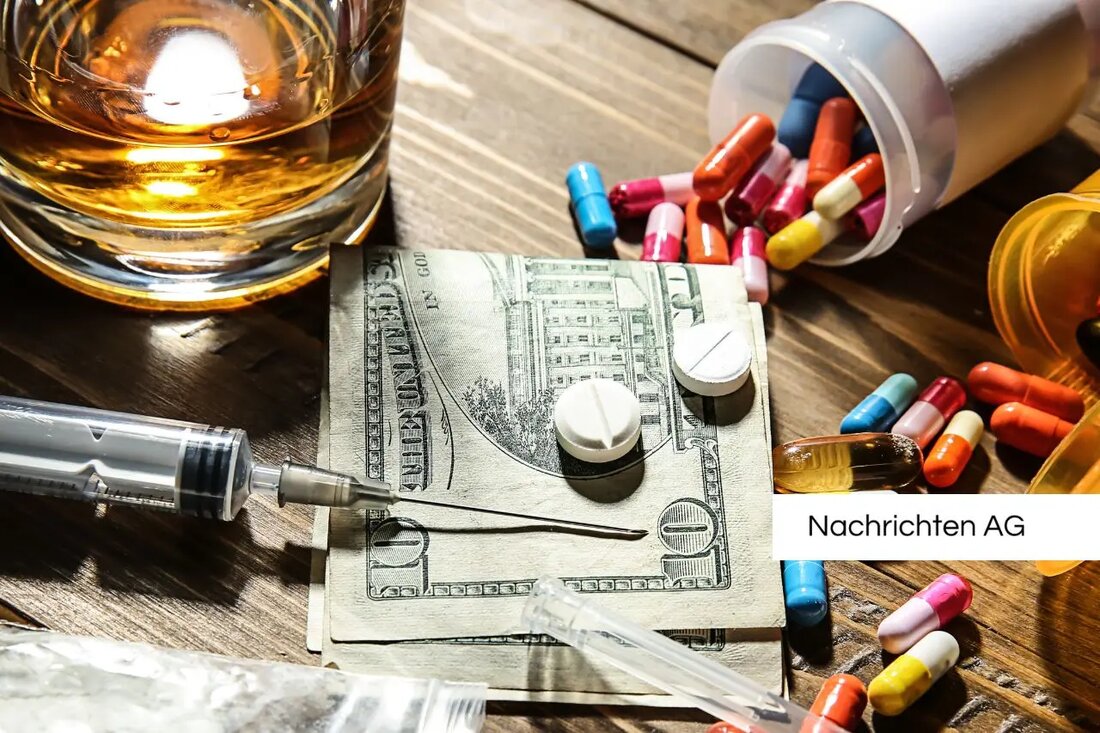Celebrate soberly: Sober parties conquer the Berlin club scene!
Celebrate soberly: Sober parties conquer the Berlin club scene!
A new trend is bought in Germany: the sober parties, i.e. non -alcoholic party nights, are enjoying growing popularity. These events offer an attractive alternative to traditional nightlife, especially for people who want to avoid alcohol. There is a party in Berlin-Neukölln today's May Day Day in Berlin-Neukölln, which takes place under the title "Queer Lemonades-A Sober Party". No alcohol will be served or visible here to create a safe environment for all participants. This initiative is particularly aimed at dry alcoholic and does not want to lead them to temptation. Lippewelle reports that the event invites you to a fantastic evening.
A special feature of the party is the "Connection Space", where the "connecting fairy Momo" helps to make contacts. This creative redesign of the party format includes exciting activities such as drag shows, comedy and lip sync. The organizers Vlady Schklover and Momo Streödecke, both of whom have personal experiences with addiction and consumer behavior, want to create an atmosphere that focuses on music and movement and without alcohol.
sober parties as a healthy pleasure
These non -alcoholic parties not only offer a carefree opportunity to spend the night, but also promote the health of the participants. zero alcohol emphasizes the advantages that result from the lack of alcohol, drugs and cigarettes. Instead, the focus is on creative non-alcoholic drinks, from ginger shots to coconut water to non-alcoholic cocktails.
In the USA, Canada and Scandinavia, non-alcoholic dance events have been established for a long time, while the first sober parties in Germany began almost ten years ago. Since then, these events have spread in various major German cities, and some parties are even free of charge and without admission. These formats show that parties can be fun without alcohol.
A growing awareness in society
In addition to the celebration, a social change can also be observed. A decline in alcohol consumption was found at Rock im Park in Nuremberg. Among other things, this is associated with increased ticket prices. The open-air scene also shows a change, despite the difficulties that alcohol companies could bring as sponsors.
The success and the response of the SOber parties could indicate a broader movement that goes beyond nightlife. Professor Stefan Timmermanns examines the psychosocial health of queer people and finds that discrimination and stress stress often lead to self -harmful behavior and consumption behavior. The sober parties, such as the present event, offer a necessary framework for a non-stigmatizing form of assembly that promotes healthy experiences.
The next "Lemonade Queers" party will take place on March 19, 2024. In view of the previous successes and the positive feedback, the future of the sober parties in Germany seems to be promising.
| Details | |
|---|---|
| Quellen | |


Kommentare (0)